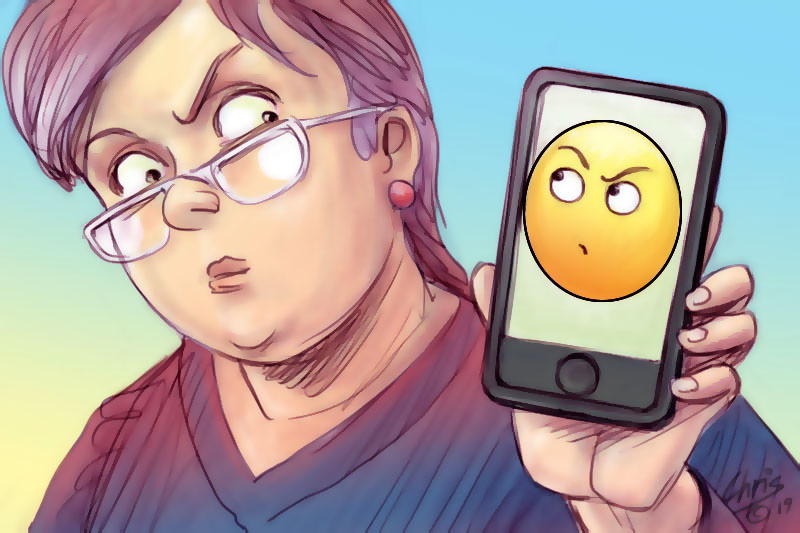Keywords: Michele Frankeni
-

ARTS AND CULTURE
- Michele Frankeni
- 20 September 2022
Out of the blue I was sent a photograph that is nearly 40 years old. Why did this photograph trigger a wave of nostalgia? For me, nostalgia is not something to be sneered at as a longing to return to a forgotten past, but rather respected for allowing us to reflect on remembered joys.
READ MORE 
-

ARTS AND CULTURE
- Michele Frankeni
- 16 August 2022
1 Comment
Headlines in print (newspapers and magazines) have some heavy lifting to do. They need to convey the essence of the story in as few words as possible, be enticing and hopefully be funny, clever or both. In traditional news terms, you should know what the story says from the heading, intro and first paragraph. However, the funny thing about being funny (especially with word play) is you’re assuming your audience knows the same things you do.
READ MORE 
-

RELIGION
- Michele Frankeni
- 12 July 2022
1 Comment
Last week at the Plenary Council Second Assembly, it seems many of Australia’s bishops, for whatever reason, wanted to bury the talents available to them. They voted down motions related to the equality of dignity between men and women. The reaction according to commentators was visceral with members, not just women, upset and angry. It is likely the anger was more potent for the fact that the motions had become so anodyne that many assembly members are probably regretting the parsing and pruning.
READ MORE 
-

RELIGION
- Michele Frankeni
- 14 June 2022
2 Comments
On social media, business cards and the bottom of emails nowadays you will often find a bracket with people’s preferred pronouns (he/him or she/her or they/them). Without fanfare, gender neutrality has slipped into our 21st century speech and our unconscious, and it is only when we are confronted with the gender specific language that we realise how we’ve changed.
READ MORE 
-

INTERNATIONAL
- Andrew Hamilton, David Halliday, Michele Frankeni, Stewart Braun
- 19 May 2022
5 Comments
We are now three months into the Ukraine war. From an invasion it has turned into a war of attrition that has cost many lives, displaced civilians, destroyed cities, and led to sanctions and the making of alliances with effects that have spread suffering far beyond Ukraine. In this Roundtable, Andrew Hamilton SJ, David Halliday, Michele Frankeni and Dr Stewart Braun explore the ethics of the war and likely paths to peace.
READ MORE 
-

MEDIA
- The Editors
- 20 December 2019
6 Comments
Our team of editors have dug through the past ten years' worth of Eureka Street articles to nominate their favourite pieces published between the start of 2010 and today. Check out our list and then jump into the comments to tell us what are your picks of the decade and why.
READ MORE 
-

ARTS AND CULTURE
- Michele Frankeni
- 28 October 2019
3 Comments
Lately my phone has been leading me down some dark paths. The algorithms have become skewed and it has become a lot more conservative. I cannot pinpoint when the change occurred. Was it that time I clicked on the Australian? But how does that account for the links to sites that laud Steve Bannon and question the Pope?
READ MORE 
-

AUSTRALIA
- Michele Frankeni
- 30 April 2019
12 Comments
It's not just government departments that are making life difficult for those without internet access. Many elderly people have the time and inclination to volunteer for different organisations and causes, but come up against a number of rules that block their ability to give their time.
READ MORE 